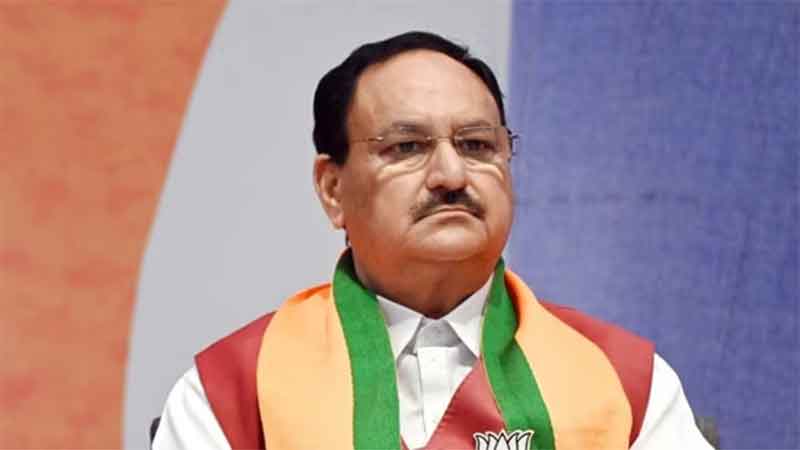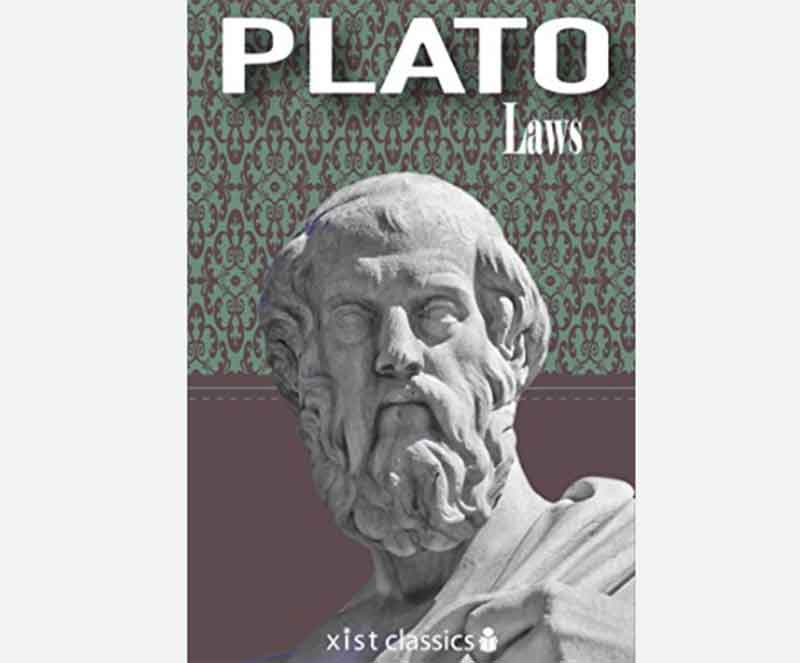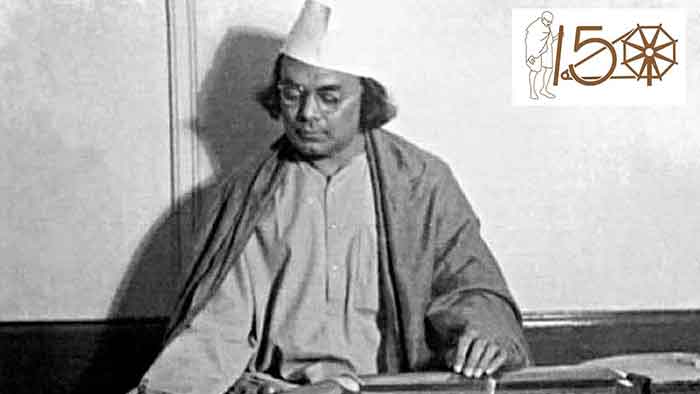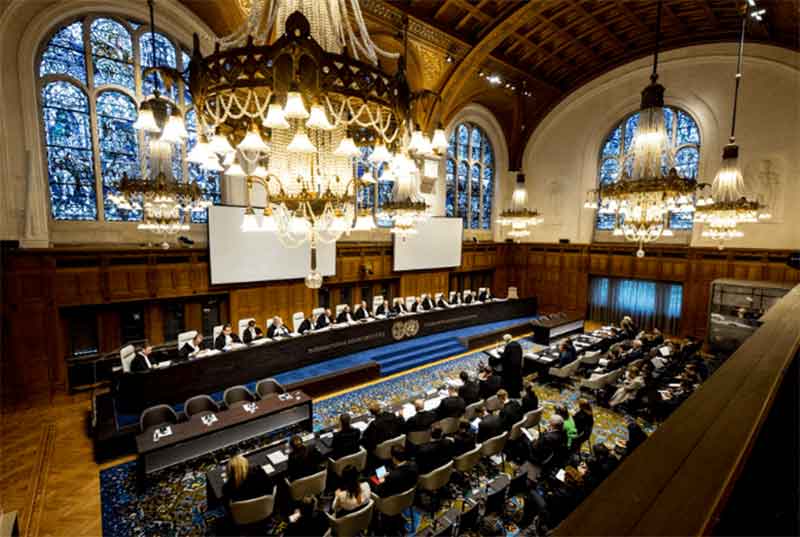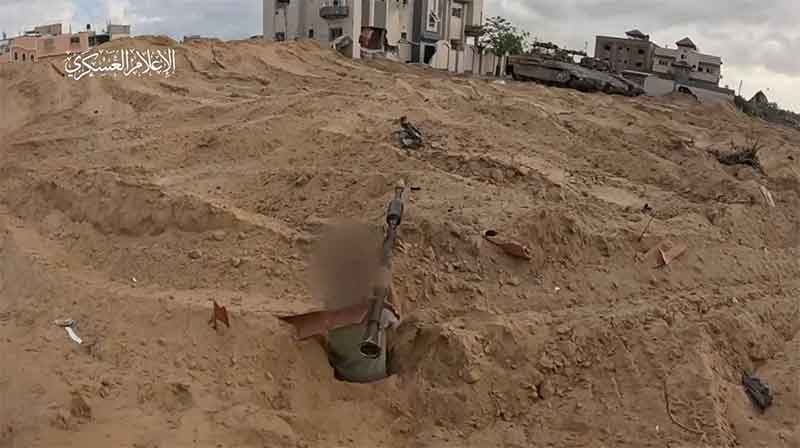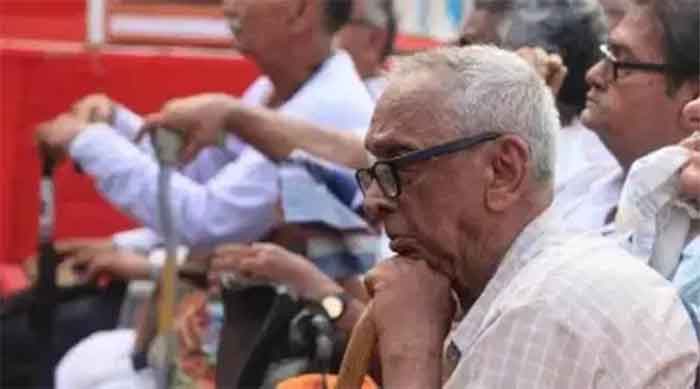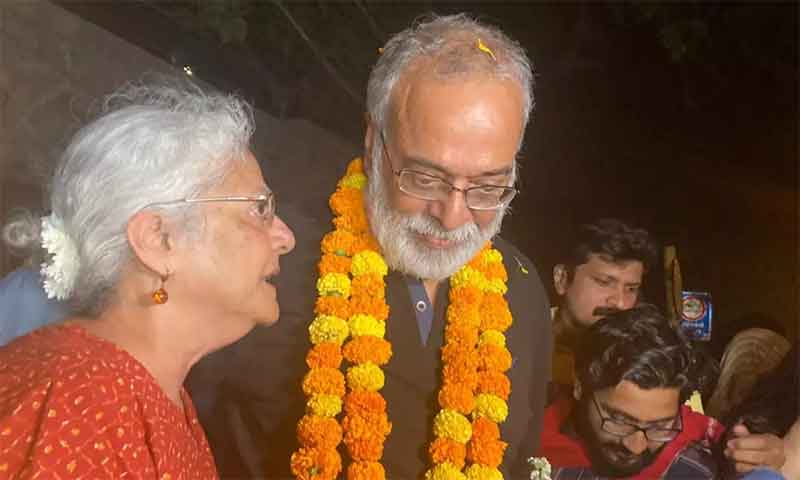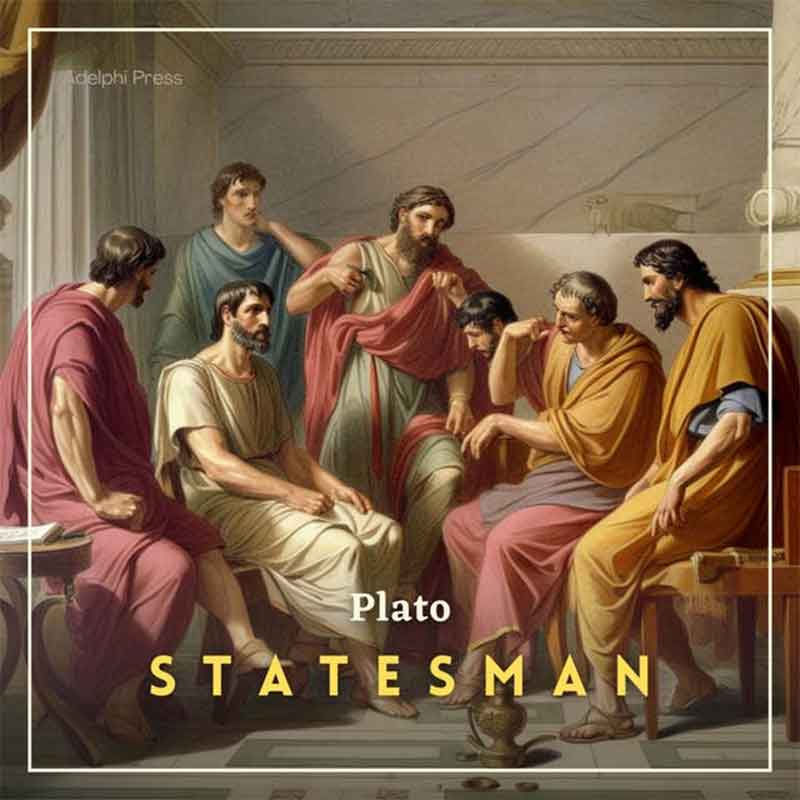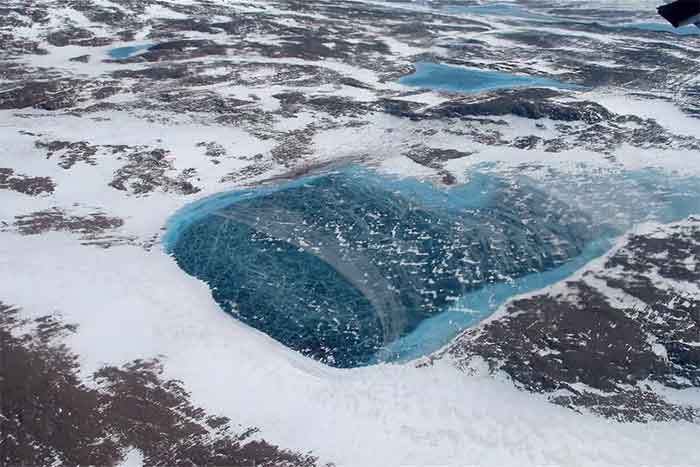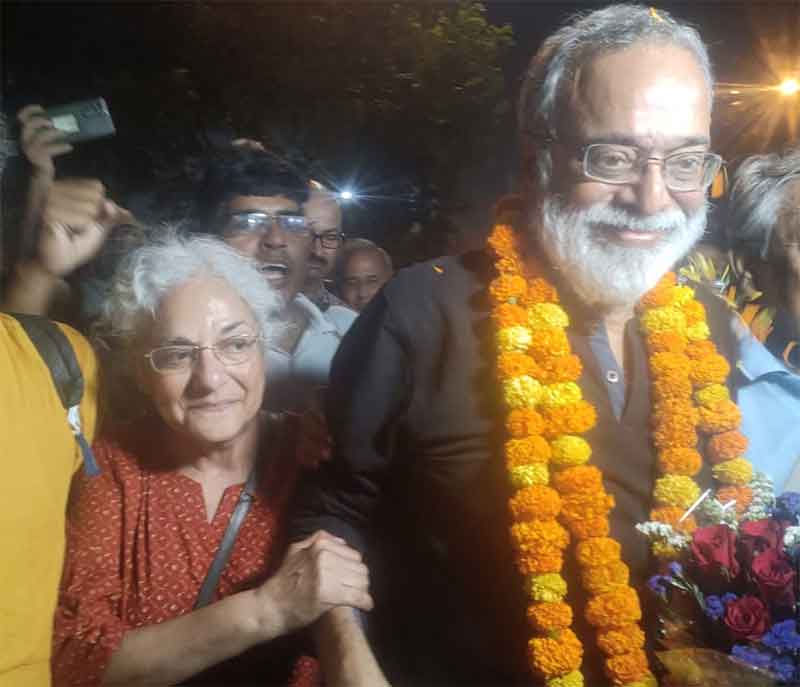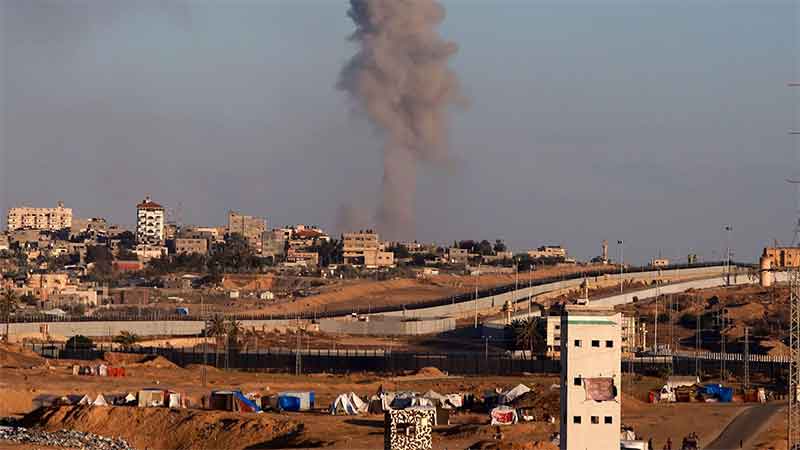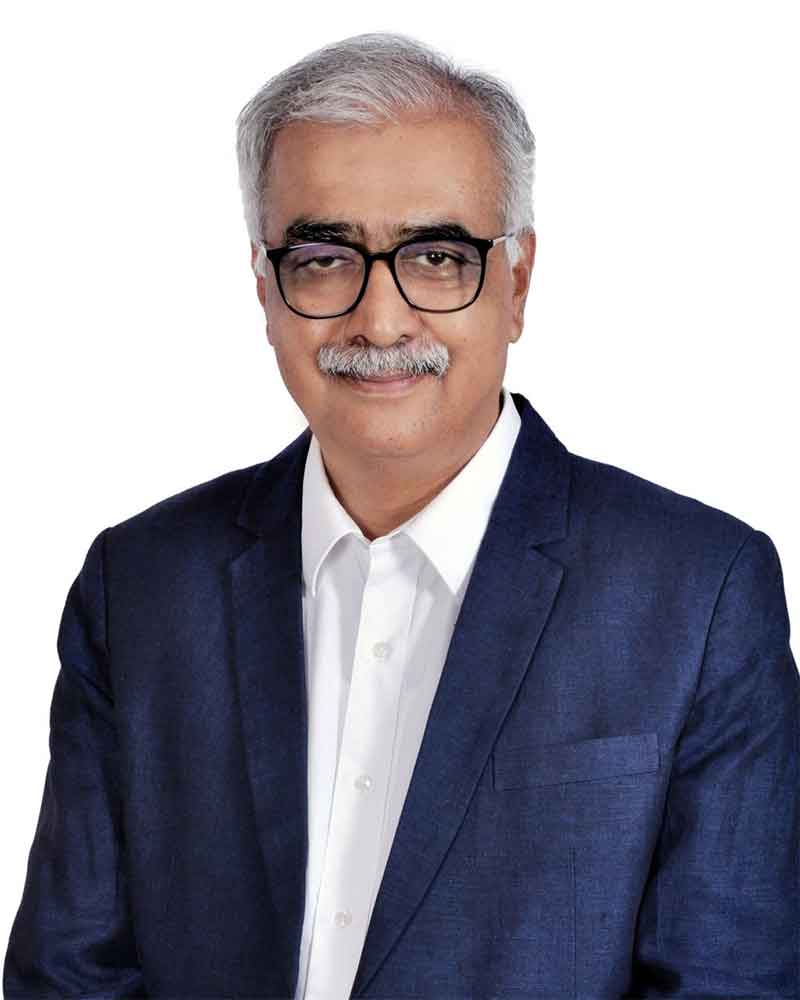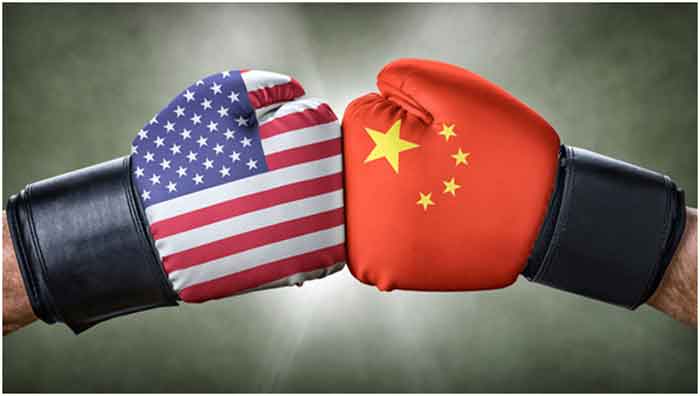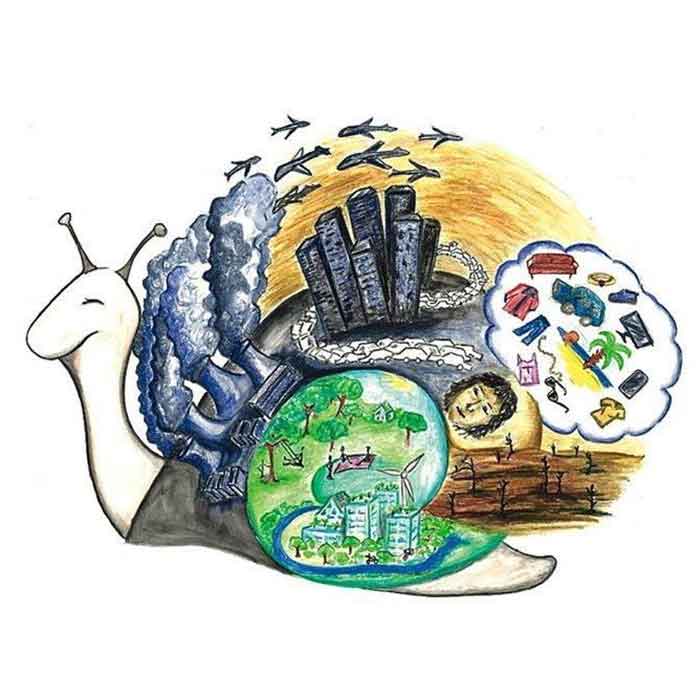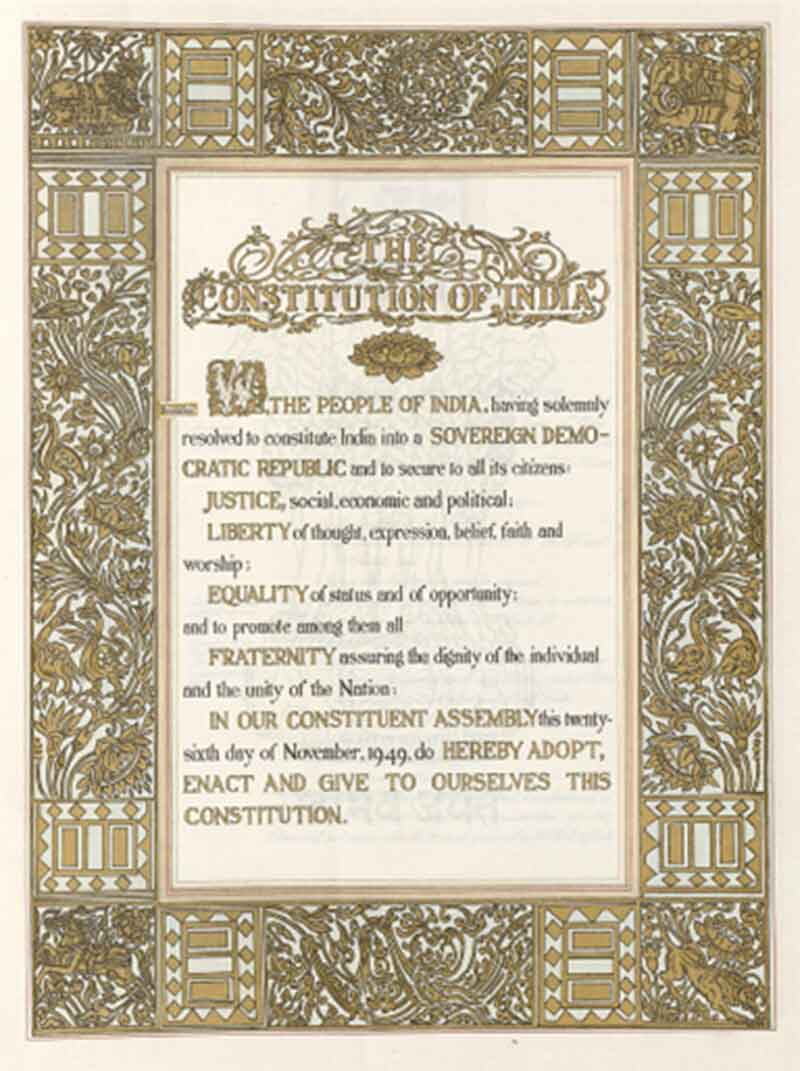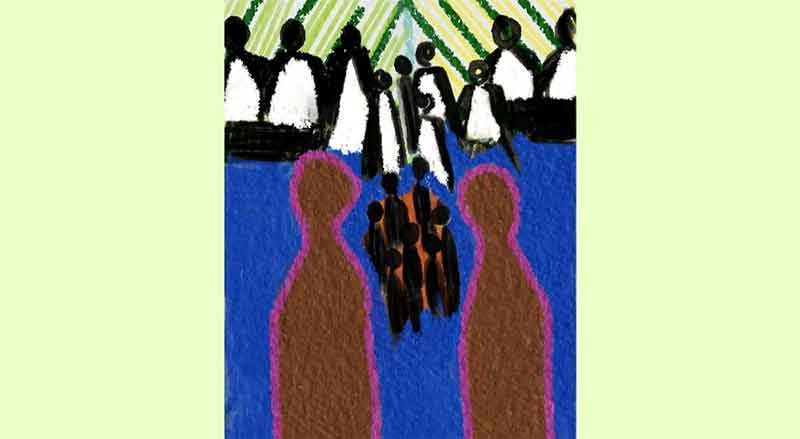
The three most important and inter-related subjects concerning the past, present and future of India are: Population, Resources and Environment. In India at the time of our independence we were approximately 33 crores and today 75 years later we are more than 140 crores overtaking China as the most populous country of the world. A major challenge that needs to be addressed is the food. In the past people in the country regularly experienced famines, agriculture followed traditional practices and farmers were at the mercy of rain gods. The decades that followed witnessed noticeable change at first gradually but soon with the launch of the green revolution, the white revolution and blue revolution, despite the growing population which trebled, our food production increased four-fold. The Government data states that some 80+ crores are being given free rations for the past three years since the pandemic caused by Covid-19 in 2021.
Way back in 1996 at the World Food Summit the Food & Agricultural Organization (FAO) had announced that the world had the capacity of feeding up to 9 billion people. That was almost 30 years ago when the world population was less than 6 billion. Today with over 8 billion people the challenge has grown manifold, due to constant erosion of top soil, shrinking arable land, mindless urbanization, corporatization of agriculture, to list a few. For us, the ever- increasing pressure on our limited resources does not augur well with the growing population. Shortages of water and electricity are well known, public health, quality education, housing and employment are recurrent themes in the speeches of all the political leaders.
Despite the much-publicized development agenda and enormous investment towards infrastructure, reportedly to the tune of 17 trillion rupees as per the statement of the Finance Minister during the interim budget last February, India still has the largest number of miserably poor people, the largest number not getting one proper meal in a day, largest number of unemployed. The lofty goal of a Viksit Bharat by 2047 will not be easy to achieve. Our aim should be to have a nation where every citizen enjoys a good quality of life, where all resources are wisely managed in order to ensure their sustainable quantity and quality and where the ecology and environment is pristine, clean, green and world class. Such an ideal society can only be achieved by ensuring an optimal balance between population, the country’s finite resources and a sustainable environment. As is well known, an overload of human population leads to over exploitation, depletion, pollution and degradation of resources and environment—leading to eventual destruction and elimination. With resources and environment gone, the human population is doomed to perish, suffering greatly and dying an agonizing death. This is certainly not what we wish for the country when all-out efforts are being made to become a leading nation of the global south as depicted during the presidency of G20 last year.
There is great anxiety and expectation among all who share the limited resources of the country for day-to day survival, for betterment of all sections of the population, for peaceful coexistence that whichever political party comes to power or whether it would be a coalition of several parties the principal object of establishing a Parliament or for that matter parliaments in any country is to bring about justice and righteousness. However, everything hinges on purity of motive and the efforts of the elected representatives. If their intention is sincere, desirable results and unforeseen improvement will be forthcoming; if not, it is certain that the whole thing will be meaningless, the country will come to a standstill and public affairs will continuously deteriorate.
Day-to-day quarrels between individuals, disputes between organized groups, and wars between nations can almost always be traced back to misunderstanding, fear, and envy; on a collective level it is more complex, such as ideology, control over resources, quest for territorial supremacy.
Therefore, the answers to the world population bomb, paucity of resources, environmental emergencies cannot be resolved simply by focusing on the problems of one country or even a group of nations. It demands a global approach and the best of human genius are at a loss for providing plausible solutions to the grave crises that have engulfed the whole planet.
Mahatma Gandhi provided a framework for collective trusteeship whereby the consciousness of all in the society would be guided by moral imperatives and the spirit of sharing and caring would be the natural way of daily living. His whole focus was the subcontinent of undivided Bharat transcending the divisive identities of religion, caste, class, creeds, cultural and linguistic backgrounds. For he believed that each human being is born as trust of the whole and, in turn, each person bears a responsibility for the welfare of all.
Collective trusteeship constitutes the moral foundation of most human rights. Safety from harm, the security of the family and the home, the ownership of some forms of property, and the right to certain forms of privacy, call be derived from this principle of trusteeship, as also the obligations on the part of the government to provide opportunities and means for education and employment, mental and physical health care, basic social security, fair wages, rest and recreation, and a host of other reasonable expectations which ensure that individual members of the social body can realize their potential.
Moreover, the principle of collective trusteeship supports the right of every person to expect that those cultural conditions essential to his or her identity are protected. Much like the role played by the gene pool in the biological life of humankind, the immense wealth of cultural diversity that characterizes humanity is vital to the social and economic development of the human race and to the achievement of prosperity and well-being for all people. This is one approach to defuse the population bomb. For in this age of interdependence, there is scope for better distribution of human settlements. In the context of governance, this means, among other things, those diverse cultural expressions must be enabled to interact with and enrich one another, free of manipulation for partisan political ends. This can never be achieved through the kind of acrimonious political discourse, dogmatic convictions, vote politics. Rather, it has to be achieved through the mutualistic exercise of power, with the full inclusion and partnership of both genders and all social groups. Understandably, this is a tall order. However, we have to start someday, can it be this generation? This is my humble plea.
The above elucidation on collective trusteeship as understood by the author call for deep introspection on the part of all arbiters of power cutting across ideological fault lines and political manifestos to reap the demographic dividends in our country. Particularly, important are the following three areas of governance systems: (i) the structure and selection of leadership and authority; processes of collective decision making, implementation, and reflective learning; and training and education for good governance. These seem to be the far-reaching determining factors for India to become “Viksit Bharat” and an all-time challenge for all who are participating the largest festival of democracy.
Dr. A. K. Merchant is a social worker, independent researcher serving a number of organizations and institutions in the field of education, environment and interfaith harmony. Views expressed are personal.





